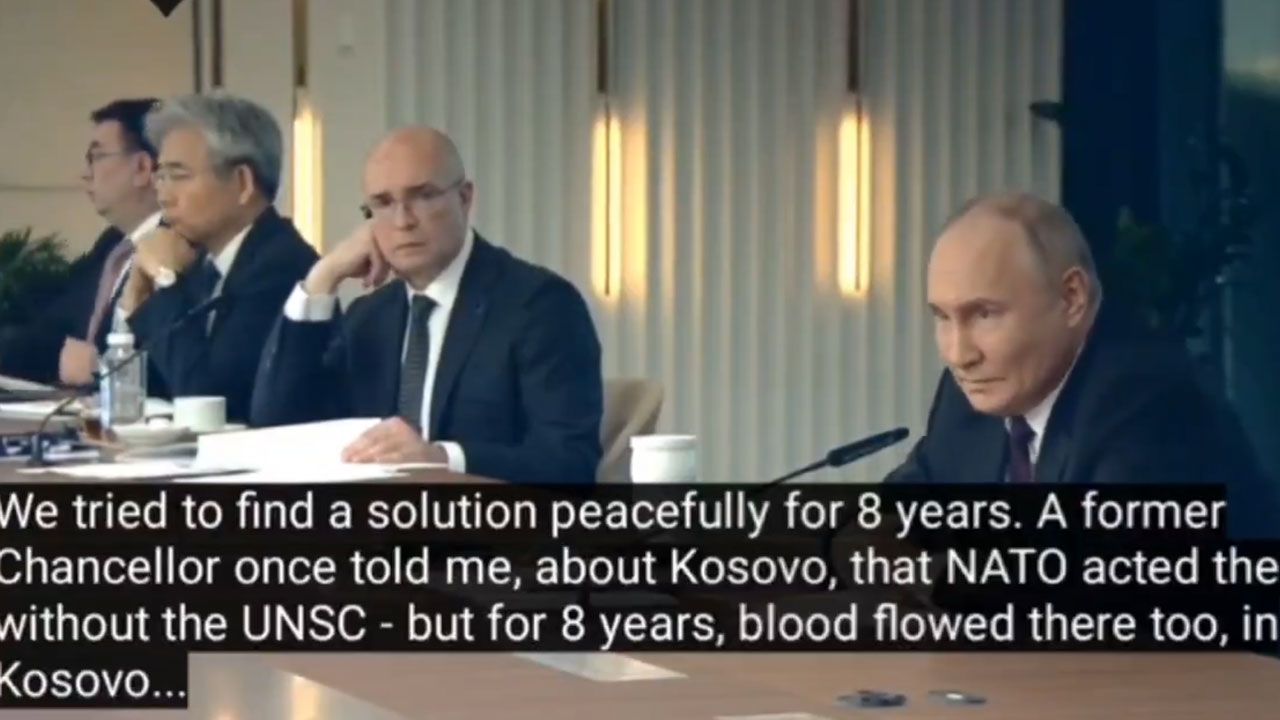Identified Logical Fallacies:
- Appeal to Authority (Ad Verecundiam):
- "A former chancellor once told me, about Kosovo, that NATO acted there without the UNSC." This appeal relies on the authority of a former chancellor to justify actions without the UNSC, without addressing whether this comparison is valid or applicable.
- False Equivalence:
- Comparing the situation in Kosovo with the situation in Donbass implies that the two situations are equivalent, which oversimplifies the distinct political and historical contexts of each conflict.
- Argumentum in Terrorem:
- "And here where the blood of Russian people flowed in the Donbass - is that not blood? Is that water?" This statement invokes fear and urgency by highlighting the bloodshed, suggesting immediate and extreme measures are necessary.
- Straw Man Fallacy:
- "When the current authorities of Ukraine decided that they didn't like one single point in the Minsk Agreements." This simplifies and misrepresents Ukraine's stance on the Minsk Agreements, making it easier to attack.
- Petitio Principii:
- The speech assumes that the degradation and violence in the Donbass region are solely due to Ukraine's failure to adhere to the Minsk Agreements, using this assumption to justify the recognition of independence and subsequent actions.
- Appeal to Hypocrisy (Tu Quoque):
- By pointing out that NATO acted without UNSC approval in Kosovo, the speaker deflects criticism of their actions by highlighting perceived hypocrisy in Western actions.
- Appeal to Pity (Argumentum ad Misericordiam):
- "I'm not even mentioning the killings. Women and children." This statement appeals to the audience's emotions by emphasizing the suffering of innocents, aiming to garner sympathy and support for the speaker's actions.
- False Dilemma:
- "What were we supposed to do? We had to recognize their independence." This presents a binary choice between recognizing independence or doing nothing, ignoring other possible solutions or actions.
- Oversimplification:
- "Total degradation began to take place on the territories: economic and social... and I'm not even mentioning the killings." This statement oversimplifies the complex socio-economic and political issues in the region, attributing them solely to the failure to implement the Minsk Agreements.
By identifying these fallacies, we can see how the speech might manipulate logic and emotions to justify certain actions and shape public perception.






